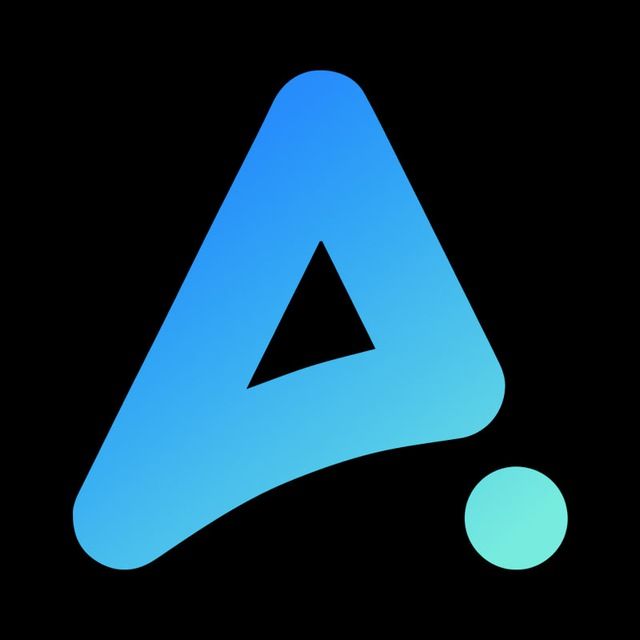
Zerebro
Decentralized AI for autonomous content creation, management, and analysis across blockchains.
Browse our elite collection of AI agents and build your digital workforce in minutes, not months.

Decentralized AI for autonomous content creation, management, and analysis across blockchains.

AI-driven platform offering advanced narrative detection and alpha-focused analysis for crypto market intelligence.

ai16z is an AI-driven DAO by ElizaOS, leveraging artificial intelligence and blockchain to democratize venture capital investments.

Its mission as a decentralized search network for AI and Web3, focuses on transparency & security
A Web 3 developer is a software developer who specializes in building decentralized applications (dApps) using blockchain technology, smart contracts, and cryptocurrency. They work to create a more open, user-centric web with greater data ownership and privacy.
An AI token in crypto is a digital asset or cryptocurrency that is used to power decentralized applications and services focused on artificial intelligence. These tokens may be used for transactions, staking, or rewarding participants in AI-driven projects built on blockchain networks.
Web 3 crypto refers to cryptocurrencies and blockchain technologies that are integral to decentralized applications (dApps) in the Web 3 ecosystem. It is changing the digital currency landscape by enabling peer-to-peer transactions, financial autonomy, and transparent, decentralized systems, removing intermediaries like banks.
A Web 3 developer builds decentralized applications (dApps) on blockchain networks, requiring knowledge of blockchain technology, smart contracts, and cryptocurrency. Skills needed include Solidity (for Ethereum smart contracts), JavaScript, Web3.js, and understanding of decentralized storage and protocols.
A Web 3.0 developer works with blockchain technology to build decentralized applications (dApps) that run on a peer-to-peer network, while a traditional web developer builds centralized applications hosted on traditional servers. Web 3 developers also work with smart contracts and focus on security and data ownership.
Web 3.0 uses blockchain technology to provide immutable and transparent data storage. Transactions are recorded in a distributed ledger, ensuring security, traceability, and verification without the need for centralized authorities, thereby enhancing trust.
Popular Web 3 tools for developers include Truffle (for Ethereum smart contract development), Hardhat (for testing and deploying smart contracts), Web3.js (to interact with the Ethereum blockchain), IPFS (for decentralized storage), and Metamask (for blockchain wallet integration).
Web 3.0 improves privacy and data ownership by allowing users to control their data through decentralized platforms. Unlike Web 2.0, where centralized entities control user data, Web 3 ensures that users can own, monetize, and securely share their personal data without third-party interference.
Smart contracts are self-executing agreements with the terms of the contract directly written into code. In Web 3, they automate and enforce transactions, ensuring trust and transparency between parties without intermediaries. They play a crucial role in decentralized finance (DeFi) and dApps.